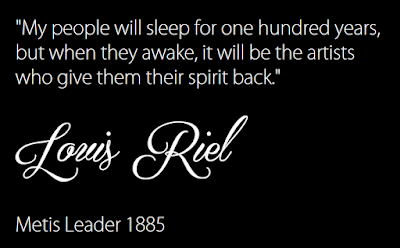You may have read my previous post about PIE: about being public, intentional and explicit -- three key components to being a faith community that affirms LGBTQ2S+ people. (if you haven't read it, do so first: https://exclusionandembrace.blogspot.com/2017/01/pie-public-intentional-explicit.html)
I'd like to first suggest that we add an "S" to PIE to make PIES (cuz, you know, lots of pies are better than just one pie): S for Self-Examining >
PIESA community that examines itself discovers those areas in which more change is needed, those aspects in which they could improve how they love and embrace others.
Here's a brief example of a church being self-examining:
A church is located in an older building. There is one main women's and one main men's washroom, both outdated and badly designed. The church has begun holding some learning sessions where they asked some of their queer members to share, and also invited speakers from the queer community to come in. After one of these sessions, where they heard that some transgender people feel uncomfortable in public washrooms, some of the members involved in managing the facility got together. "What can we do to make this better?" they asked. They looked around and realized that there was a storage room located behind the washrooms, which could be converted into a single user washroom. Conveniently, the plumbing connections were nearby. "What if we use the whole space, and make it an accessible washroom while we are it?" someone added. The "accessible" stalls in the existing washrooms were unfortunately based on outdated standards for what is considered accessible and in reality, are very awkward. So they proceeded with their plans and, once the washroom was complete, made sure to post on the church website that the building now has a "accessible, inclusive gender-neutral washroom".
Now, such a washroom serves a wide range of people: transgender folx who feel unsafe in gendered washrooms, people in wheelchairs, a parent with a child, a person accompanied by an attendant or caregiver. And it happened because they were learning, thinking and examining their church community and facility.
















